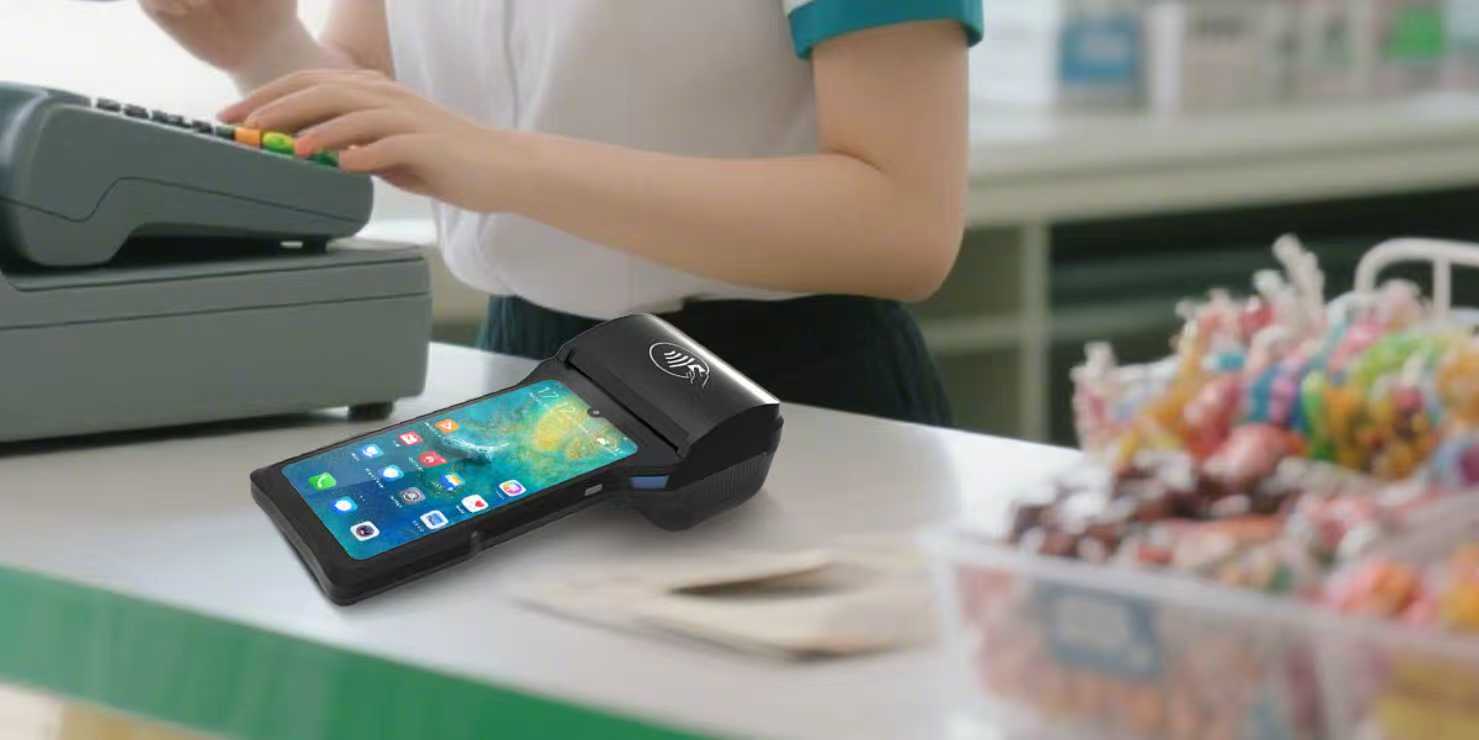

2025-08-15 Author : ZCS
As a leading POS manufacturer, ZCS has helped thousands of businesses transition from traditional cash registers to modern, intelligent POS terminals. In this comprehensive guide, we’ll explore what POS really means in 2025, how it works, why it’s essential, and how new blue ocean POS technologies — such as Android offline POS solutions and remote area POS systems — are transforming commerce worldwide.

At its simplest, the Point of Sale refers to the time and place where a retail transaction is completed. It’s where a customer pays for goods or services, and where sales tax may be applied.
Traditionally, POS was just a cash register. Today, it’s a sophisticated ecosystem — often cloud-based — that connects sales, payments, inventory, customer loyalty programs, and business intelligence.
According to Statista, the global POS systems market is projected to reach $42.5 billion by 2027, growing at a compound annual rate of 8.5%. This growth is driven by increased adoption of mobile and cloud-based POS systems.
A complete POS setup typically includes:
2.1.Hardware
2.2.Software
2.3.Connectivity
The process from transaction to completion follows these steps:
Modern POS systems like ZCS’s Android POS terminals integrate these steps seamlessly, even in offline payment POS machine mode.
A PaymentsJournal report found that retailers lose an average of $1,200 per POS terminal annually due to internet outages. Offline-ready POS can eliminate these losses.
When selecting a POS manufacturer, consider:
ZCS stands out by offering customizable POS hardware and software, including offline POS capability, cross-border commercial POS hardware, and industry-specific solutions for retail, hospitality, and ticketing.
The Point of Sale is the beating heart of modern commerce. With innovations like Android offline POS solutions, businesses can operate efficiently even in the most challenging environments. By partnering with a trusted POS manufacturer like ZCS, you ensure that your POS system is future-proof, scalable, and designed for your unique operational needs.
Q1. What is the point of sale in business?
It’s where transactions occur — including payment, receipt issuance, and inventory updates.
Q2. Can a POS work without the internet?
Yes, with offline payment POS machines like those from ZCS, sales data is stored locally and synced later.
Q3. What are the benefits of a POS system?
Faster checkout, accurate inventory tracking, improved customer experience, and better data insights.
Q4. How do I choose the right POS manufacturer?
Check for quality hardware, customizable software, security certifications, and strong after-sales support.
Q5. What industries need POS systems?
Retail, hospitality, transportation, event ticketing, rural commerce, and more.

01.Z108 8inch 2.6'' Tablet Smart Android POS
02.Z108 8inch 3.95'' Desktop/Portable Android POS
03.Z100 58mm Restaurant Desktop POS
04..Z100 80mm Cash Register Tablet POS
05.What is a Wall Mount POS System?
06.Why Choose a Custom POS Solution from a Factory?
07.Top Features of Contactless POS Terminals: What You Need to Know